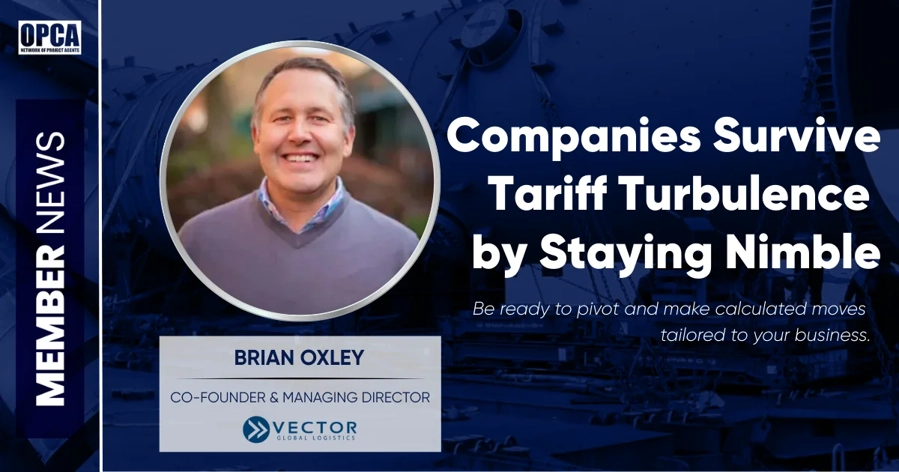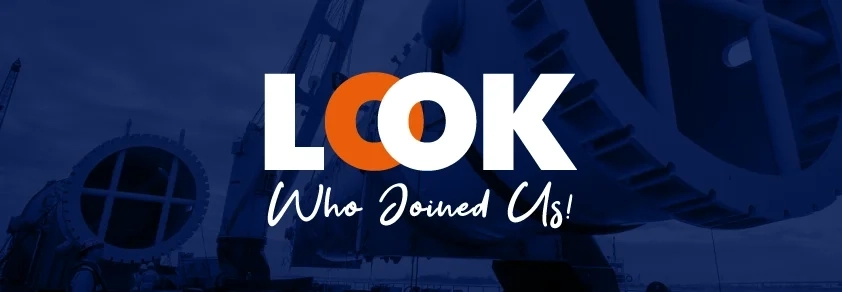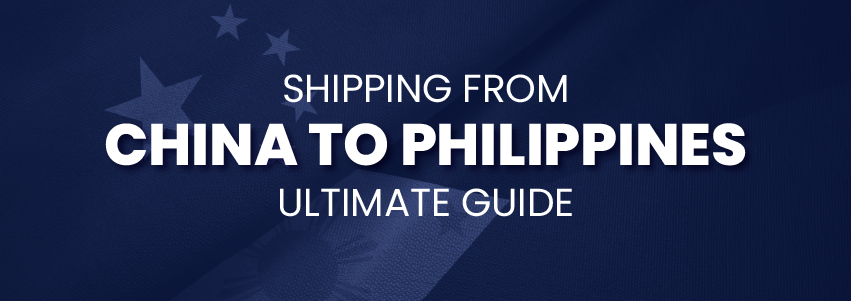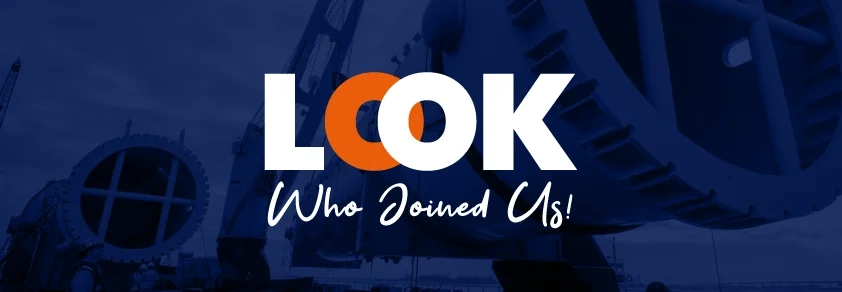Companies Survive Tariff Turbulence by Staying Nimble
We’re proud to share that Brian Oxley, Co-Founder and Managing Director of our member Vector Global Logistics from the United States of America, has been featured in Inc. Magazine. In his article, he explores how adaptability has become the defining factor for success in today’s complex trade environment, offering valuable insights for logistics professionals worldwide. We congratulate Brian Oxley and the Vector team on this valuable contribution to the logistics industry and are pleased to highlight their thought leadership within our network.
"Be ready to pivot and make calculated moves tailored to your business.
Tariffs are dominating the headlines, and for importers, manufacturers, and logistics teams, that means one thing: It’s time to get nimble. The companies that survive—and thrive—through trade tensions, shifting regulations, and surprise duties on imported goods aren’t the ones who play it safe. They’re the ones making bold, informed moves before the storm hits. If you want to stay in the game, you’ve got to outthink the competition.
In the fast-moving world of freight and logistics, the companies coming out on top share one trait: nimbleness. They’re not clinging to outdated strategies or assuming the status quo will hold. Instead, they’re scanning the horizon for new opportunities—rethinking where they source goods, how they route freight, and what it takes to keep supply chains humming. I’ve seen it firsthand: The ones who adapt fastest are the ones who win.
Global supply chains are rarely predictable. Trade policies shift, markets fluctuate, and unexpected disruptions pop up. The businesses that stand out are the ones ready to pivot—whether that’s adjusting how they move freight in and out of the United States or exploring new sourcing options. Flexibility isn’t optional anymore; it’s essential for survival. When the ground moves beneath you, the ability to rethink your approach will keep you steady.
Outsmart tariffs
Tariffs are a constant wild card. Whenever new duties loom on the horizon, smart importers and shippers jump into action, front-loading shipments to beat the clock. I’ve worked with plenty of folks who’d rather get goods landed early than risk a sudden cost spike. It’s a proactive move—get the product in before a tariff kicks in, and you’ve dodged a bullet. But it’s not always that simple. Speeding up shipments means juggling extra costs, from expedited shipping to warehousing. The trick is finding the sweet spot between avoiding a 20-to-30 percent tariff hike and keeping your budget in check.
Every decision in this game is a balancing act. Bringing goods in early might save you from tariffs, but it can rack up holding costs—think storage fees or tied-up capital. The sharpest operators I know treat it like a chess match. They weigh the risks, crunch the numbers, and make the call. Is it worth it to stockpile now, or can they afford to wait? It’s not about reckless gambles; it’s about calculated moves tailored to their business.
At its core, this is a game of educated guesses. You’re piecing together a hypothesis—what’s the tariff risk? How long can you hold inventory? What’s the market doing next?—and then acting on your hunch. The best in the business don’t just react; they anticipate. They’re not paralyzed by uncertainty; they use it as fuel to stay one step ahead. And when conditions shift, they’re ready to adjust, not scramble.
Bend without breaking
Adaptability isn’t a one-time fix—it’s a mindset. Whether it’s tariffs, trade tensions, or something else entirely, the freight world will always throw curveballs. The companies that thrive are the ones who embrace that reality, building operations that can bend without breaking.
From my vantage point, it’s clear: agility, smart risk management, and a willingness to rethink the playbook are what separate the leaders from the pack. How is your supply chain preparing for what’s next?"
_logo.webp)



